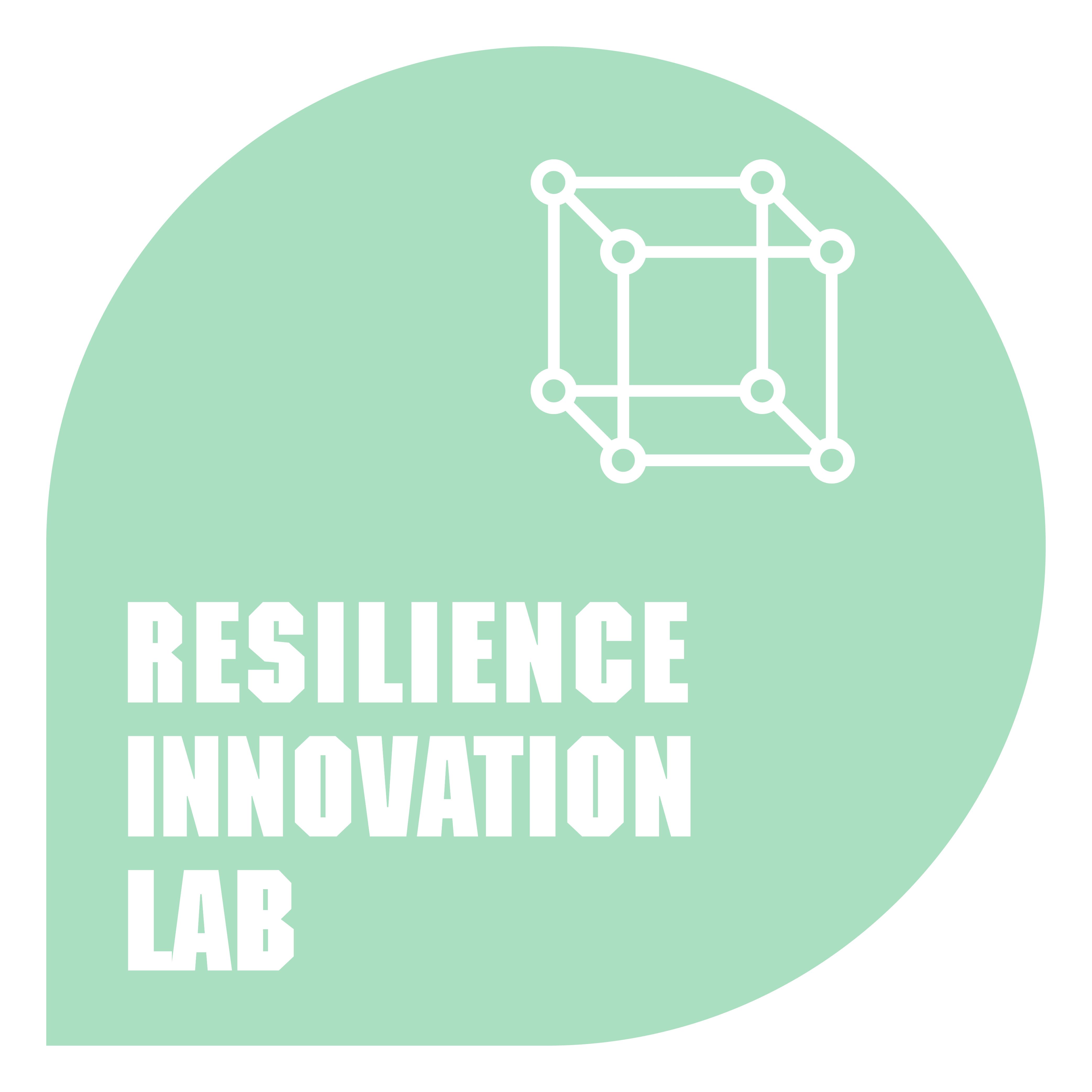Archival Activism and Civil Society Resistance
In recent years, scholars, civil society actors, human rights defenders and practitioners have paid attention to the rise of archival activism, which describes ‘activities in which archivists act to deploy their archival collections to support activist groups and social justice aims’ (Flinn and Alexander 2015, 331). At the same time, scholars recognise the potentiality and importance of information practice in advancing social changes (Watson 2010; Cooper 2016; Bastian and Flinn 2020). These observations are backed by the fact that, in many countries, citizens and civil society organisations became active netizens in ‘decentralised’ protest actions and information dissemination in digital platforms as ways of resisting authoritarian rules or promoting liberal democratic reforms.
Protecting the right of access to information to foster transparent governance and free and open societies is of paramount importance nowadays. However, authoritarian governments are now learning to enhance their political control by blocking access to information and eliminating official records in a comprehensive way. Many records of human rights violations, torture and unfair trials have been removed from the public sight.
Against this background, RIL aims to develop initiatives to work with global civil society to archive human rights records and documentation comprehensively and securely for public access. This is a timely and meaningful initiative for civil society actors and human rights defenders to continue preserving the collective history and memory of repressive regimes in various creative ways.
Using Decentralised Technology for Civil Society Archiving
Today, the digital landscape has undergone a transformative shift, giving rise to revolutionary technologies that have the potential to reshape the way we interact with the internet and protect our fundamental rights. Two buzzwords that have been making waves in the tech world are “blockchain” and “Web3.”
At its core, blockchain is a decentralised and distributed digital ledger technology that securely records transactions across multiple computers. Unlike traditional centralised systems, where a single entity holds control, blockchain operates on a network of nodes, ensuring transparency, immutability, and enhanced security. Each block in a blockchain contains a cryptographic hash of the previous block, creating a chain of blocks—hence the name.
The decentralised nature of blockchain technology means that it is not owned or controlled by any central authority. This characteristic eliminates the risk of censorship, manipulation, or unauthorised alteration of data. In essence, blockchain acts as a digital notary, providing a tamper-proof record of transactions.
Enter Web3: The Decentralized Internet
Web3 represents the evolution of the internet into a decentralised ecosystem powered by blockchain technology and cryptographic principles. Unlike the current Web2, where user data is controlled by centralised entities like social media platforms and tech corporations, Web3 enables direct peer-to-peer interactions, fostering a user-centric, trustless environment.
In Web3, applications and services are built on top of blockchain networks, allowing users to have full control over their digital identities, assets, and interactions. Smart contracts, self-executing contracts with the terms of the agreement directly written into code, play a crucial role in Web3 applications, enabling automated and secure transactions without intermediaries.
The decentralised nature of Web3 holds immense promise for civil society documentation and archiving in repressive environments:
1. Protecting Privacy: Web3 applications prioritise user privacy, ensuring that sensitive information remains secure and inaccessible to unauthorised entities. This is particularly crucial for activists, journalists, and individuals living in repressive regimes, allowing them to communicate and collaborate without fear of surveillance or persecution.
2. Censorship Resistance: Decentralized platforms powered by Web3 technology resist censorship attempts. In countries where freedom of speech is threatened, these platforms provide a safe haven for individuals to express their opinions and share information without fear of being silenced.
3. Secure Fundraising and Donations: Blockchain-based cryptocurrencies facilitate transparent and traceable financial transactions. Civil society organisations can leverage these technologies to receive donations securely, ensuring that funds are used for their intended purposes and providing donors with full transparency.
4. Ensuring Data Integrity: Web3’s immutability ensures data integrity. Documentation of human rights violations, legal records, and evidence can be securely stored on the blockchain, preventing tampering and preserving crucial information for advocacy efforts and legal proceedings.
5. Digital Identity and Inclusivity: Web3 gives individuals full control over their digital identities, enabling inclusivity and empowering marginalised communities. This is especially relevant for refugees, stateless individuals, and those without access to traditional identification documents, allowing them to participate fully in society and access essential services.
6. Empowering Decentralized Autonomous Organizations (DAOs): DAOs are entities governed by smart contracts and blockchain technology, enabling decentralised decision-making processes. Civil society organisations can benefit from the transparency and efficiency of DAOs, fostering collaborative efforts and empowering activists and supporters to contribute directly to advocacy initiatives.
Challenges and Considerations
While Web3 holds immense potential for human rights advocacy, it is essential to acknowledge the challenges and ethical considerations associated with this technology. Issues such as energy consumption, scalability, and regulatory frameworks must be addressed to ensure the responsible development and deployment of Web3 applications. Additionally, efforts must be made to bridge the digital divide, ensuring that the benefits of Web3 are accessible to all, regardless of socioeconomic status or geographical location.
Embracing a Decentralized Future
As RIL stands at the intersection of technology and civil society archiving initiatives, Web3 offers a glimpse into a future where individuals have unparalleled control over their digital lives and fundamental rights are upheld. By embracing the principles of decentralisation, transparency, and inclusivity, we can harness the power of Web3 to drive positive change, amplify marginalised voices, and create a world where human rights are respected and protected for all.
If you want to learn more about our work, please contact us at info.ril@proton.me.
All rights reserved 2025.
